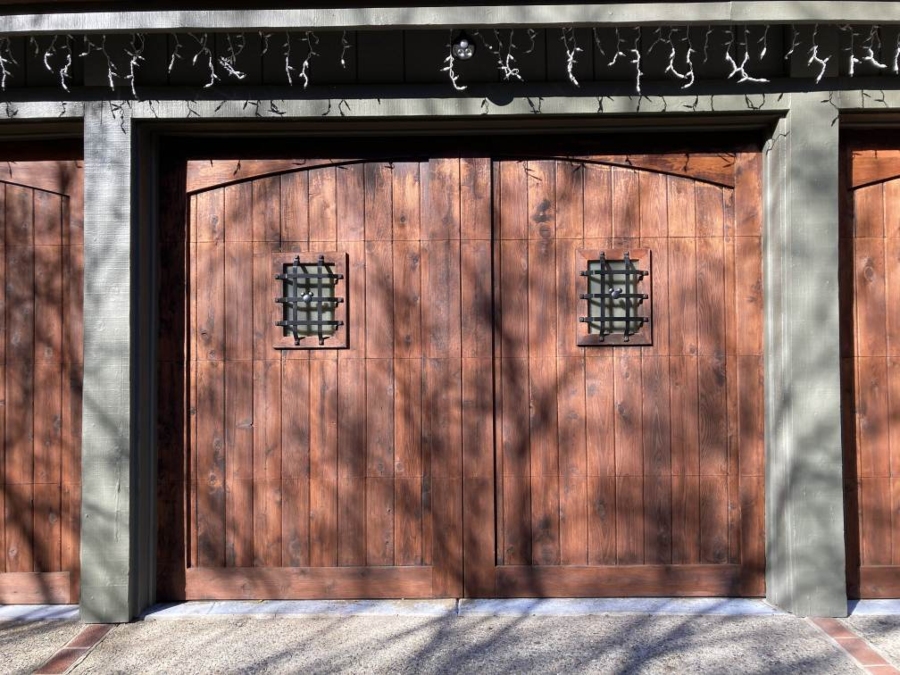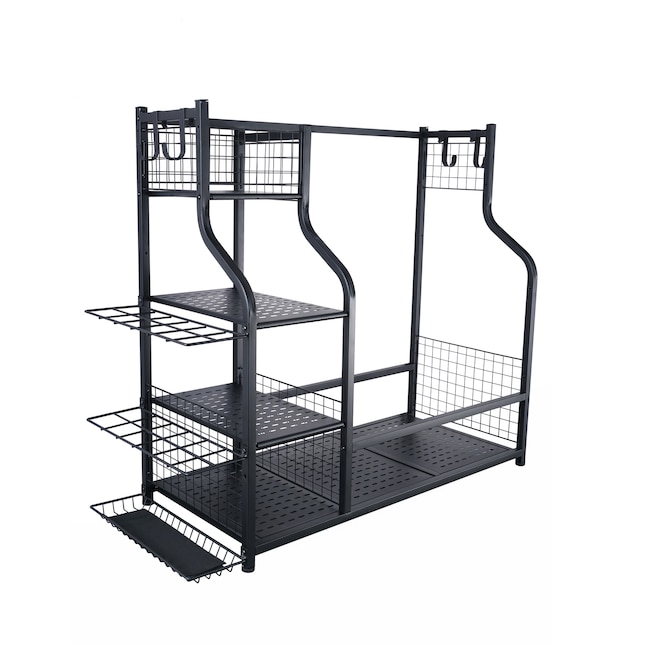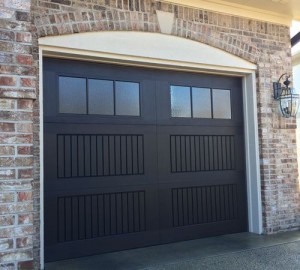
A garage conversion is one way to quickly increase the living area in your home. Not only can it be a great addition to your property, but it can also help save you time and money in the long run. As a bonus, it can be customized to suit your needs and tastes.
A garage kitchen conversion is usually quite affordable. The cost will vary depending upon the space and the materials used. It can be a very exciting project. With a little creativity, a garage can be transformed into an amazing place to spend time with your family.
If you're considering a garage kitchen conversion, it's important to take the time to learn about the different aspects involved. You might also need to know how to connect the new kitchen to the rest. This could also include researching local building codes. You may be restricted by zoning laws or homeowner associations if you convert your garage. It is possible that you will need a permit. This can prove to be costly and time-consuming if you are not familiar with the requirements.

To convert your garage into a kitchen, you should first assess the layout of your garage. If you have space to spare, you can design a spacious, open-plan kitchen and living area. A garage can be converted into a bedroom and bathroom, if it isn't too small. A side extension could be built to convert the garage into a bedroom or bathroom.
You should also consider the quality of your current fixtures and fittings. Using the right types of fixtures will ensure the new kitchen functions at its best. Installed units are an option if you have limited funds. You can also use your existing cabinets and countertops, which will help you save on the price of buying new appliances.
When installing a Kitchen, it is important to consider the following: plumbing, electricity, and flooring. It is essential to compile a detailed list that includes all of the necessary items, such as flooring and windows. A list of all necessary items will make it easier to find the right contractor.
Talking to a local builder is the best way for you to find out if a garage-style kitchen conversion is right for your home. A local building contractor can help you understand your options and provide suggestions on how to connect your new Kitchen to the rest of your house.

The size of your garage and the number of appliances will determine the cost of a garage-kitchen conversion. While it is important to not spend too much on the project, you should not be surprised to pay up to $6,000
For your garage to be converted into a functional space, you will need planning permission. Additional costs will include electrical, plumbing, and flooring. Depending on where you live, you might have to install a new mains supply as well. Costs for a new water pipe can exceed PS3,000
FAQ
How long does it typically take to renovate a bathroom?
Two weeks typically is required to remodel a bathroom. However, this varies greatly depending on the size of the project. Some jobs, such installing a vanity and adding a shower stall, can take only a couple of days. Larger projects like removing walls and installing tile floors or plumbing fixtures can take many days.
The rule of thumb is that you should allow three days for each room. This means that if there are four bathrooms, you will need 12 days.
How do I determine if my house requires a renovation or remodel?
First, you should look at whether your home has been updated recently. You might want to renovate if you haven’t had any home updates in several years. However, a remodel might be the best option for you if your home seems brand-new.
A second thing to check is the condition of your house. It's possible to renovate your home if there are holes in the walls, peeling wallpaper or damaged tiles. A remodel is not necessary if your home appears to be in great condition.
Another factor to consider is the general state of your home. Does it have a sound structure? Are the rooms well-lit? Are the floors clean and tidy? These are vital questions to ask when you decide which type of renovation should be done.
What is the cost of completely renovating a kitchen?
If you've been thinking about starting a renovation project for your home, you may wonder how much it would cost.
The average kitchen renovation cost is between $10,000-$15,000. You can still save money on your kitchen remodel and make it look better.
Planning ahead is a great way to cut costs. You can do this by choosing a design style that suits you and your budget.
An experienced contractor can help you cut down on costs. A professional tradesman knows exactly how to handle each step of the construction process, which means he or she won't waste time trying to figure out how to complete a task.
It would be best to consider whether you want to replace or keep your existing appliances. Remodeling a kitchen can add thousands of pounds to its total cost.
You might also consider buying used appliances over new ones. Buying used appliances can help you save money because you won't have to pay for installation.
Last but not least, shopping around for materials or fixtures can help you save some money. Many stores offer discounts during special events, such as Black Friday or Cyber Monday.
What are the largest expenses when remodeling a kitchen
There are a few important costs to consider when renovating a kitchen. These include demolition, design fees, permits, materials, contractors, etc. These costs seem small when you look at them individually. They quickly grow when added together.
Demolition is likely to be the most expensive. This includes removing cabinets, countertops and flooring. The insulation and drywall must be removed. Finally, replace the items.
Next, an architect must be hired to create plans for the space. Next, you must pay for permits to ensure the project meets building codes. You will then need to find someone to perform the actual construction.
Once the job has been finished, you need to pay the contractor. You could spend anywhere from $20,000 to $50,000, depending on how large the job is. It is crucial to get estimates from several contractors before you hire one.
Plan ahead to cut down on some of these costs. You might be able negotiate better materials prices or skip some work. Knowing what is required will allow you to save both time and money.
People often try to install their cabinets themselves. They think this will save money because they don't have to pay for professional installation services. Problem is, they often spend more time trying to place the cabinets themselves. A job can typically be done in half the time than it would take for you by professionals.
Unfinished materials can also be a way to save money. You should wait until all of the pieces have been assembled before you buy pre-finished items like cabinets. By buying unfinished materials, you can start using them right away. And you can always decide to change your mind later if something does not go according to plan.
Sometimes, it's just not worth the effort. You can save money by planning your home improvement project.
Remodeling a kitchen or bathroom is more expensive.
Remodeling a bathroom or kitchen can be expensive. It may make more sense to spend money on home improvements, considering how much you pay in energy bills each month.
Small upgrades can help you save thousands of dollars per year. Simple changes such as insulation in ceilings and walls can help reduce cooling and heating costs by up to 30%. Even a small addition can increase comfort and resale values.
Remember to choose durable and easy-to maintain products when you are planning your renovations. Materials like porcelain tile, solid wood flooring, and stainless-steel appliances will last longer and need fewer repairs than vinyl countertops.
You might also find that replacing old fixtures by newer models can reduce utility expenses. Low-flow showerheads or faucets can help reduce water usage by up 50 percent. You can reduce your electricity consumption by replacing inefficient lighting bulbs with compact fluorescent lights.
What would it cost for a home to be gutted versus what it would cost to build one?
A home's contents are removed, such as walls, floors, ceilings and plumbing. It's often necessary when you're moving to a new house and want to make changes before you move in. Because of the many items involved in gutting a house, it is usually very costly. The average cost to gut home ranges from $10,000 to $20,000, depending on your job.
Building a home means that a builder constructs a house piece by piece, then adds windows, doors, cabinets and countertops to it. This is often done after purchasing lots of land. It is usually cheaper than gutting a house and will cost around $15,000 to $30,000.
It all comes down to what you want to do in the space. You'll need to spend more if you plan to gut your home. You don't need to take everything apart or redo everything if you are building a home. You can design it yourself, rather than waiting for someone else.
Statistics
- Windows 3 – 4% Patio or backyard 2 – 5% (rocketmortgage.com)
- According to a survey of renovations in the top 50 U.S. metro cities by Houzz, people spend $15,000 on average per renovation project. (rocketmortgage.com)
- $320,976Additional home value: $152,996Return on investment: 48%Mid-range average cost: $156,741Additional home value: $85,672Return on investment: (rocketmortgage.com)
- 55%Universal average cost: $38,813Additional home value: $22,475Return on investment: 58%Mid-range average cost: $24,424Additional home value: $14,671Return on investment: (rocketmortgage.com)
- Attic or basement 10 – 15% (rocketmortgage.com)
External Links
How To
How do you plan a bathroom on a budget?
The most important aspect of any remodeling project is ensuring you can afford it. It is impossible to expect to pay it off later if it is not possible for you now.
Planning and understanding the costs of a bathroom remodel requires meticulous planning. It is not cheap to remodel a bathroom.
Labor is one of the largest expenses. Labor costs vary depending on the size of the job and whether you hire a professional contractor or a DIYer. Professional contractors usually charge more per hour than a DIYer because they have experience and expertise.
Materials are another major expense. Prices for materials can range from $100 to $1000 depending on what type you use.
Last but not least, let's not forget about the cost of energy. This includes both electricity and gasoline bills. Peak demand periods are when energy costs can rise.
You also have to consider the time required to complete the project. Bathroom renovations require patience and a lot of time. Some projects take weeks while others take months.
In addition to these three major categories, there are smaller items such as paint, wallpaper, flooring, etc., which add to the project's overall cost.
Here are some tips that will help you make the right decision about how to approach your bathroom remodeling job.
-
Determine your budget - Before beginning any remodeling project you need to know what you can afford. It doesn't really matter if it is something you can afford. The key is to set a realistic budget, so you know exactly where you stand financially.
-
Plan Ahead - If possible, try to schedule your bathroom remodel for the off-season. You'll be able to save money heating and cooling your home in the winter months due to lower energy usage. It is possible to schedule your remodel at night, when the majority of people use the bathroom.
-
You can shop around - Once your budget has been established, you should start to search for potential vendors. Many options are available to choose from, including local retailers, online merchants, and even family members who might be willing and able to assist you in the project.
-
Choose An Estimator - Once you have identified all your potential vendors, you should contact each individually to get estimates. You want to make sure you get multiple quotes to ensure you are getting competitive pricing.
-
Get multiple estimates - Once you have received your initial estimates, compare them to find the best price. Once you have located the vendor, ask them to send you a written estimation.
-
Make Sure To Include All Costs - When preparing an estimate, you should include everything you plan to spend on the project. Be specific about permits, taxes, fees, etc., that may apply to your area.
-
You shouldn't overlook small details. When you plan your bathroom remodel, don't forget the important details. You might need a new toilet. Is there space for a curtain rod to hang from the shower? These changes can easily add to the project's total cost.
-
Consider insurance - Your bathroom remodel will have a significant impact on your insurance coverage. Don't forget to check your insurance company if you haven't already. You may end up with additional costs.
-
Hire a Professional – Once you are done with your bathroom remodel, it is advisable to hire a professional for the installation of final fixtures. You might be able do the job yourself but it's much more enjoyable to have someone else do it.